Payment bonds for Contractors and Suppliers
Payment bonds are primarily for the protection of subcontractors, suppliers, and workers involved in a construction project. They guarantee that these parties will be paid for their work and materials, even if the contractor defaults.
Would you like to discuss how this applies to solar parks, energy storage, or other renewable energy projects?
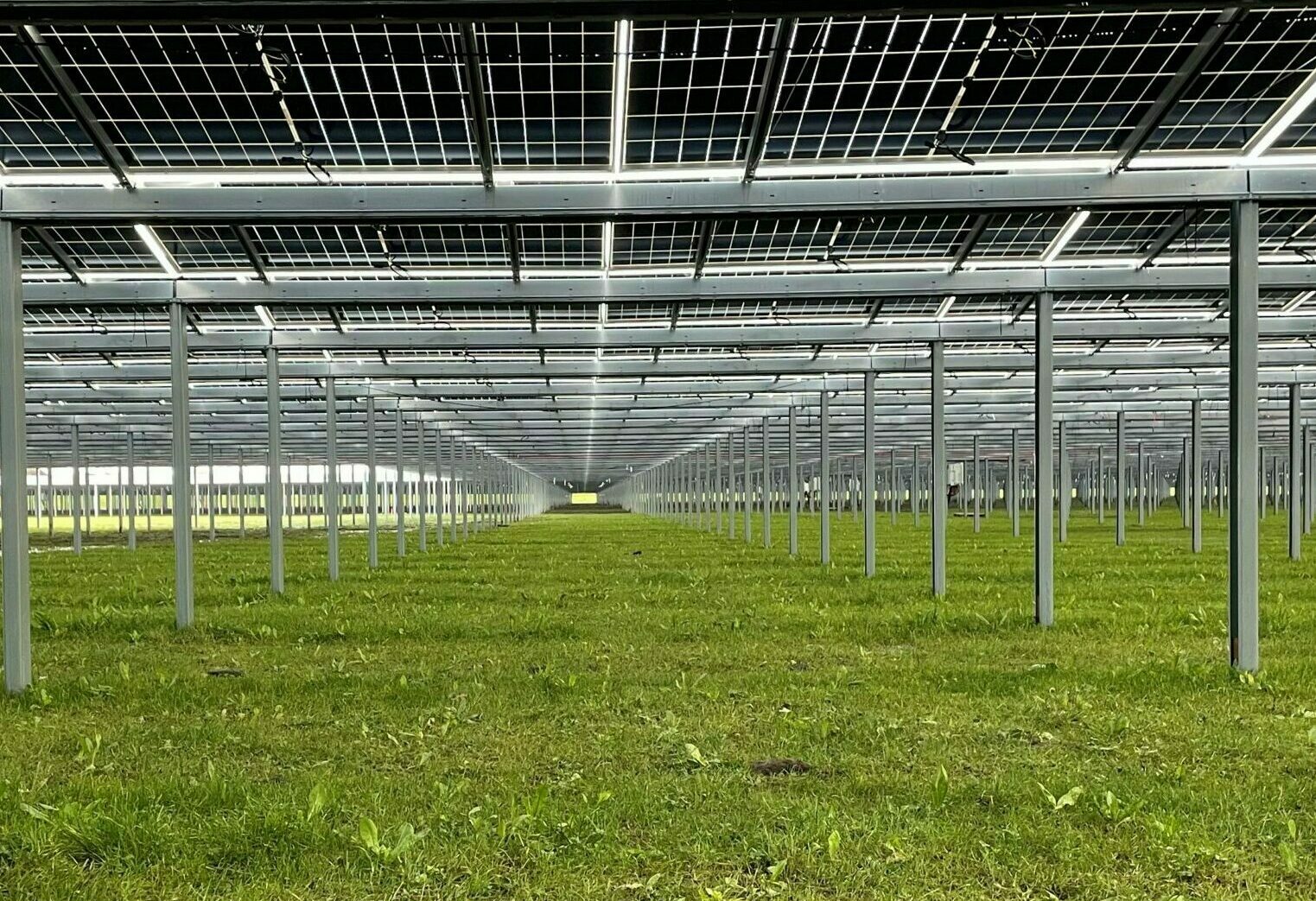
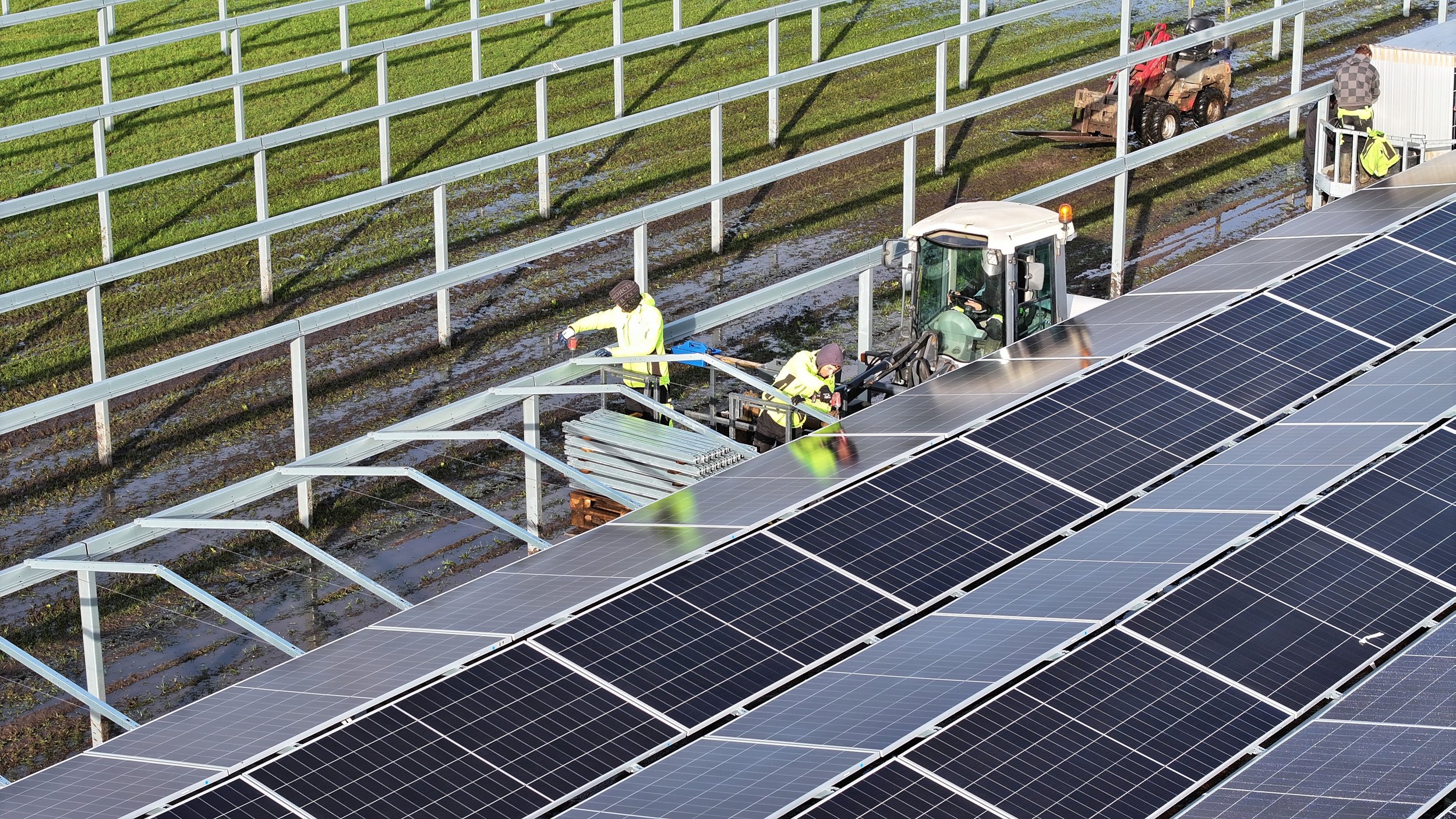
What is a Payment Bond?
A payment bond is a financial security that guarantees that the contracting party fulfils their payment obligations to their (sub)contractors, workers, and material suppliers for work performed on a project as agreed.
If the contracting party fails to pay as agreed, the beneficiary of the guarantee can claim from the surety company that issued the guarantee.
Payment bonds are typically issued by a surety company and required in many public and private construction contracts to prevent financial disputes and ensure smooth project completion.
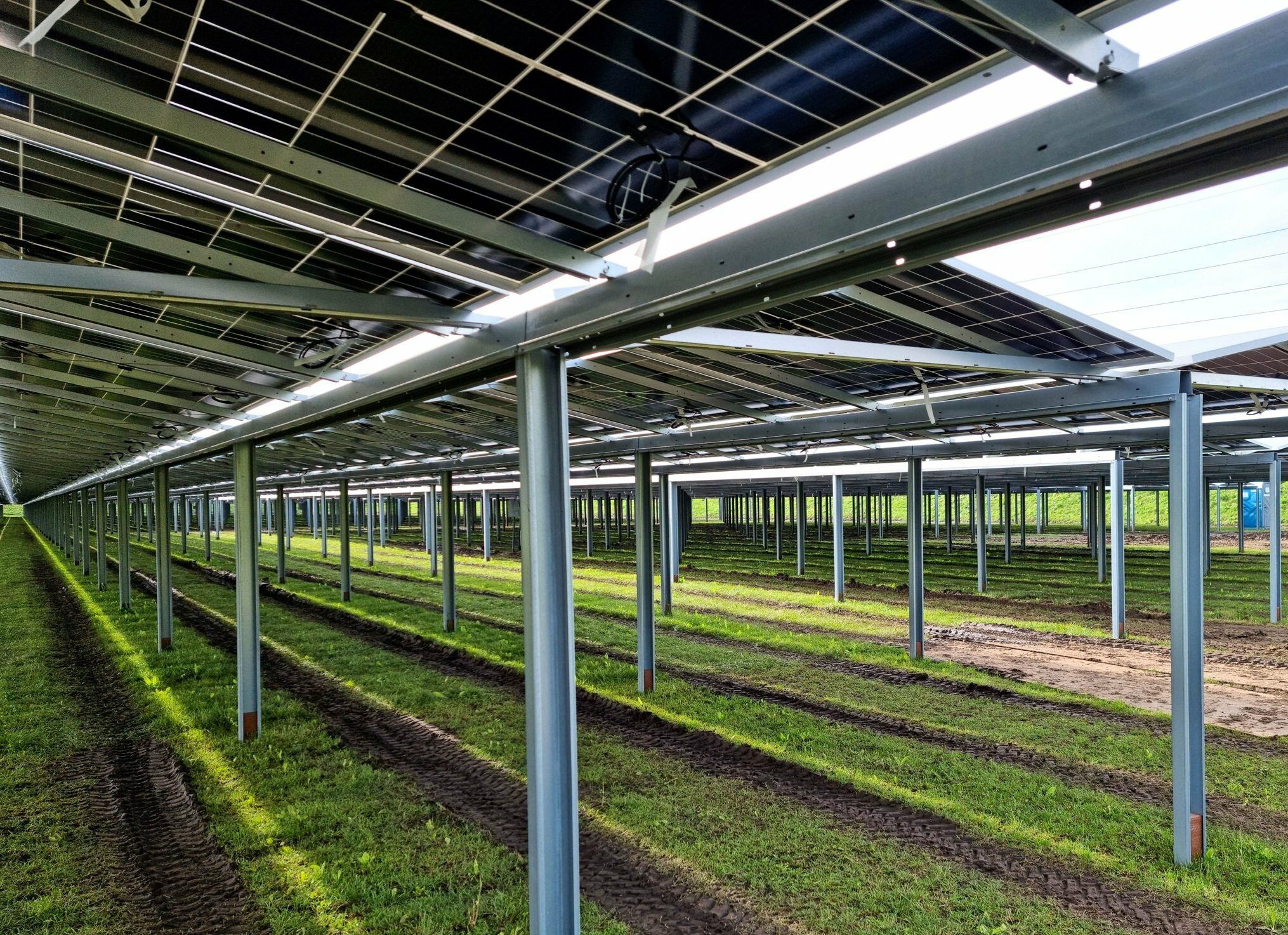
How Does a Payment Bond Work?
If the contracting party fails to pay as agreed, the beneficiary of the guarantee (such as the contractor) can claim from the surety company that issued the guarantee.
The surety company will then pay the guaranteed amount to the beneficiary and later recover it from the client. This is often easier than going to court.
For projects, a payment bond adds an extra layer of protection, ensuring payments are handled without much hassle.
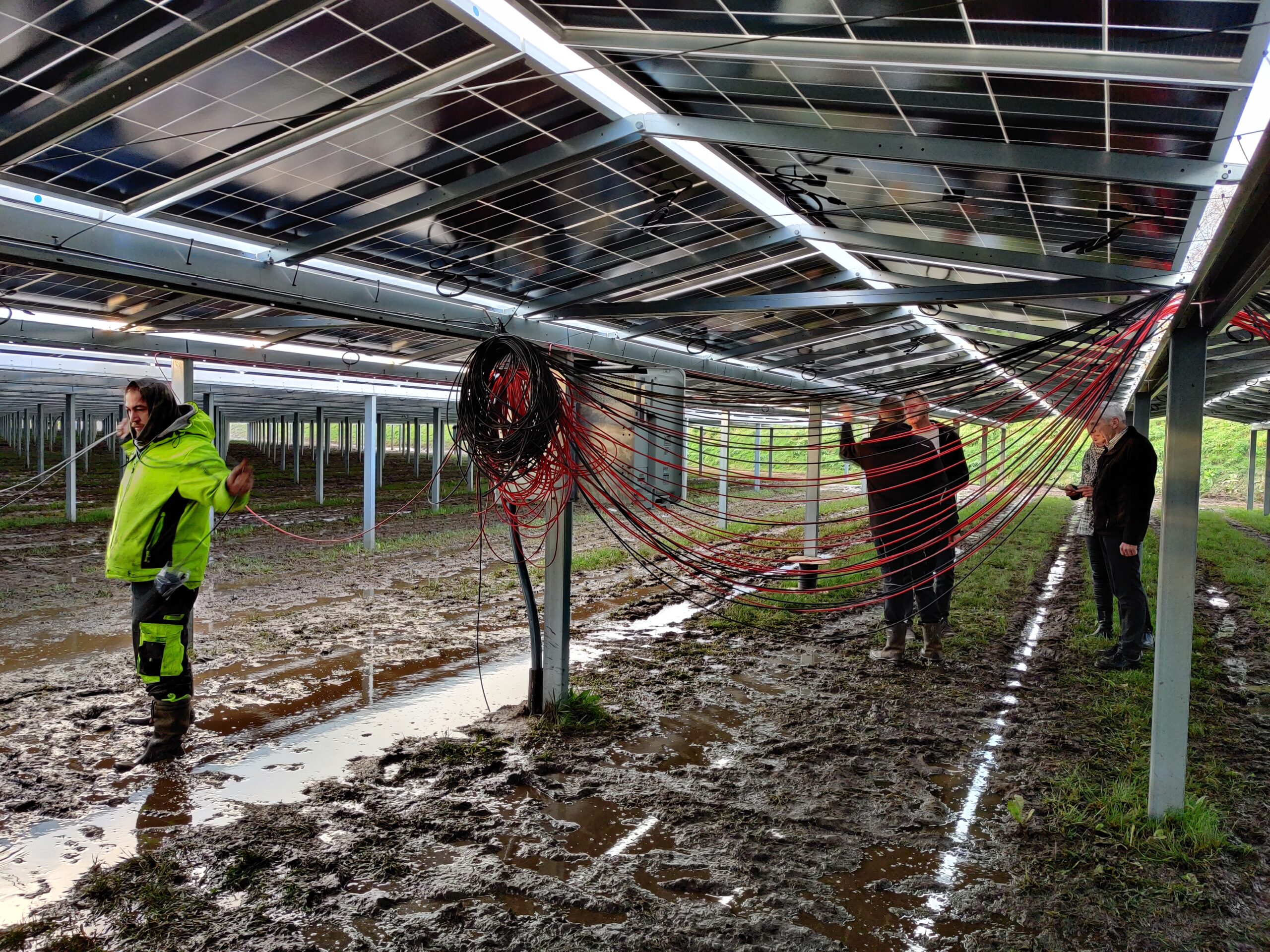
Why are Payment Bonds Important?
Without a payment guarantee, you risk not being paid by your client for your work. This can lead to delays, conflicts, and even legal issues.
With a payment guarantee, you are assured of getting paid, which gives you peace of mind and allows you to focus on successfully completing the project.
A payment guarantee also shows that you, as a client, are reliable. Contractors and suppliers will be more willing to work with you if they know their payment is guaranteed.
What Does a Payment Bond Cost?
The cost of a payment bond depends on various factors, such as the amount of the bond and the size of the project. Typically, you pay between 1% and 4% of the total value of the bond. A strong and financially healthy company can often secure a lower rate.
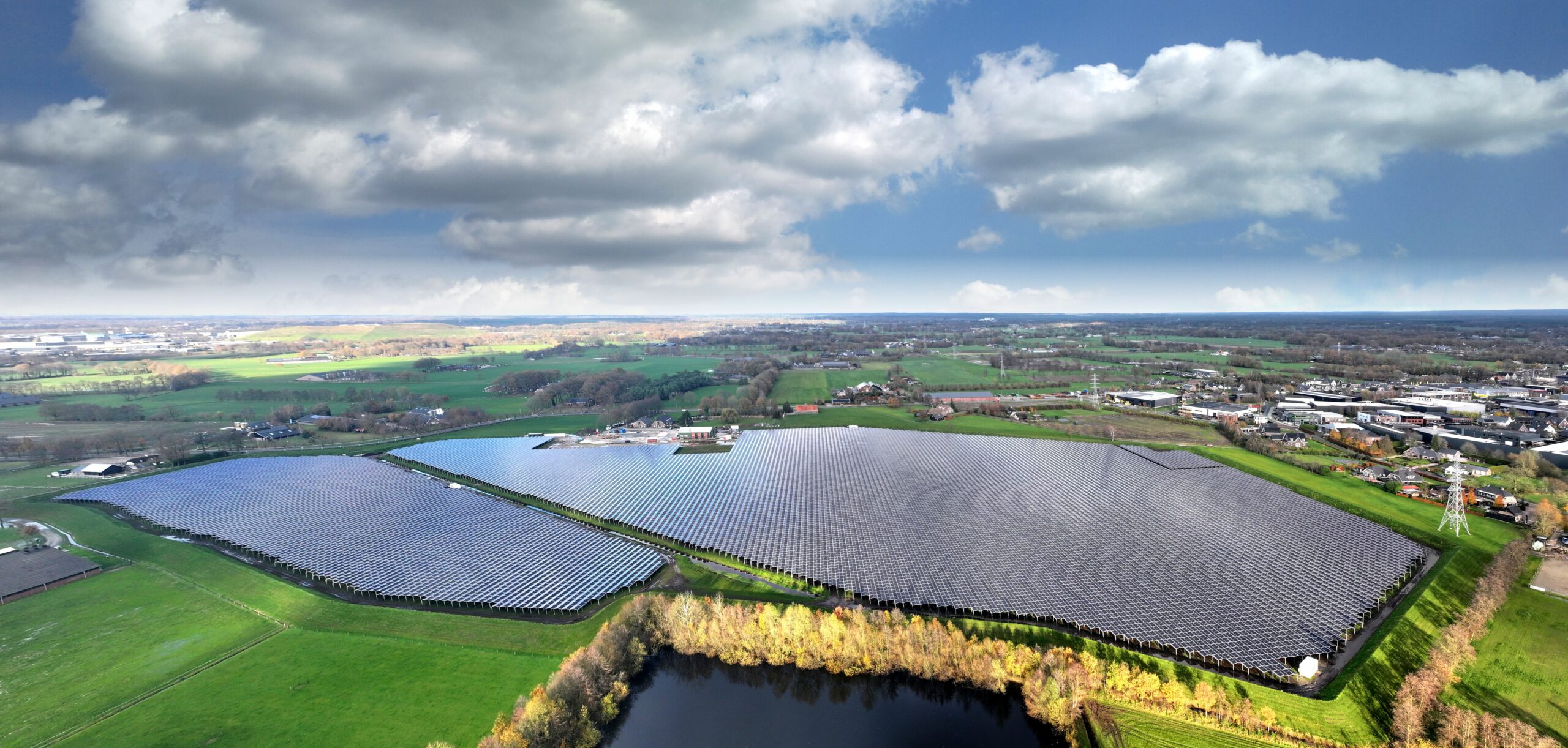
Example: Payment Bond for the Supply of Panels
A developer wants to build a large solar park and enters into a contract with an international supplier of solar panels. The project has a total value of several million euros. The supplier wants to ensure they will be paid for the delivered panels.
Therefore, the supplier requires the developer to provide a payment guarantee before production of the solar panels begins. The bond reassures the supplier that they will receive their money, even if the developer faces financial difficulties or is unable to pay when the delivery takes place.
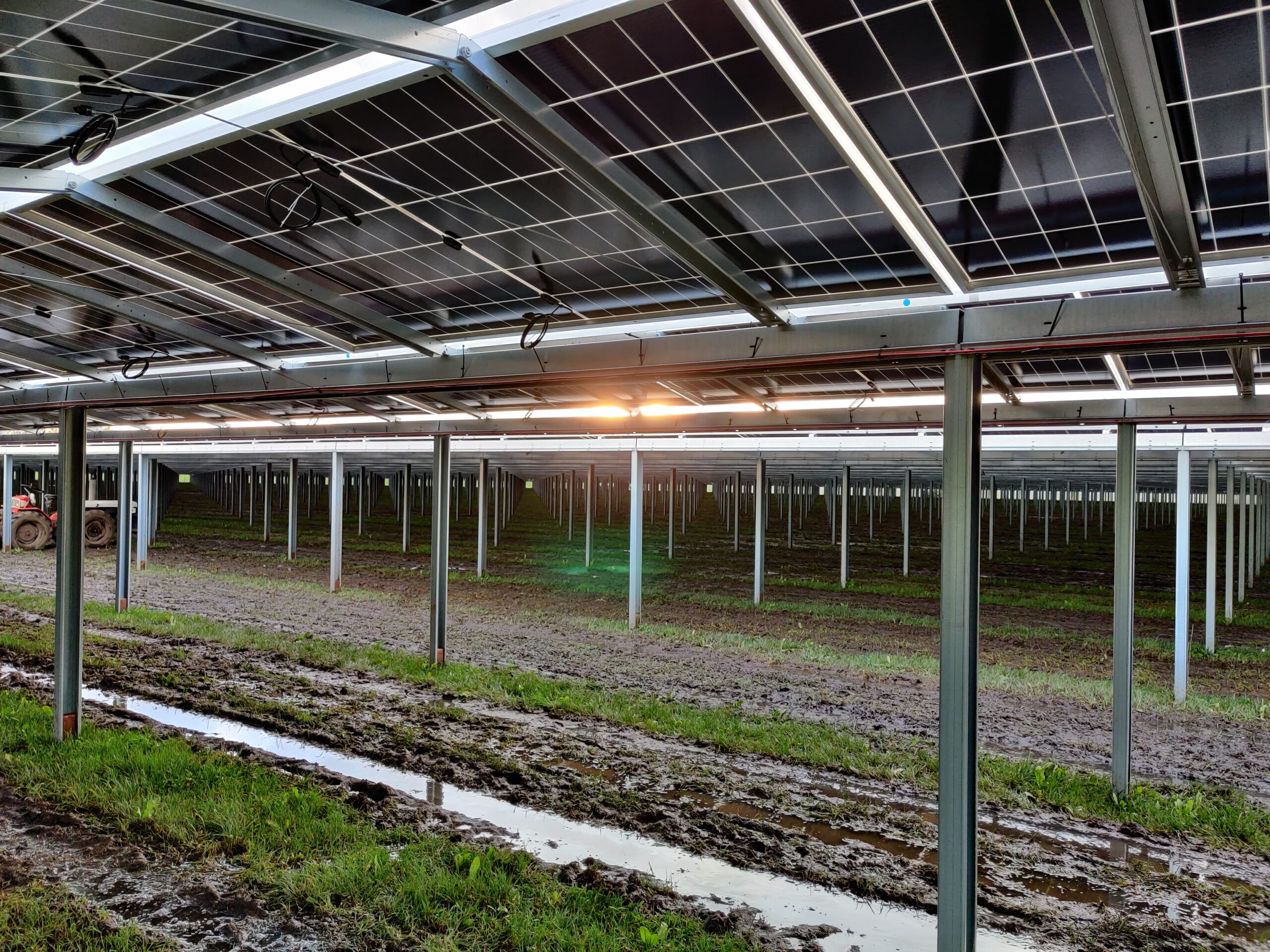
Key Features of Payment Bonds
- Financial Security
The guarantee ensures that the beneficiary gets paid, even in case of problems. - Enhanced Trust
Demonstrates your financial capacity as a client, giving contractors and suppliers confidence in doing business with you. - Specific Covered Amount
The guarantee covers a predetermined amount, usually based on the total project value, so you know exactly what to expect.
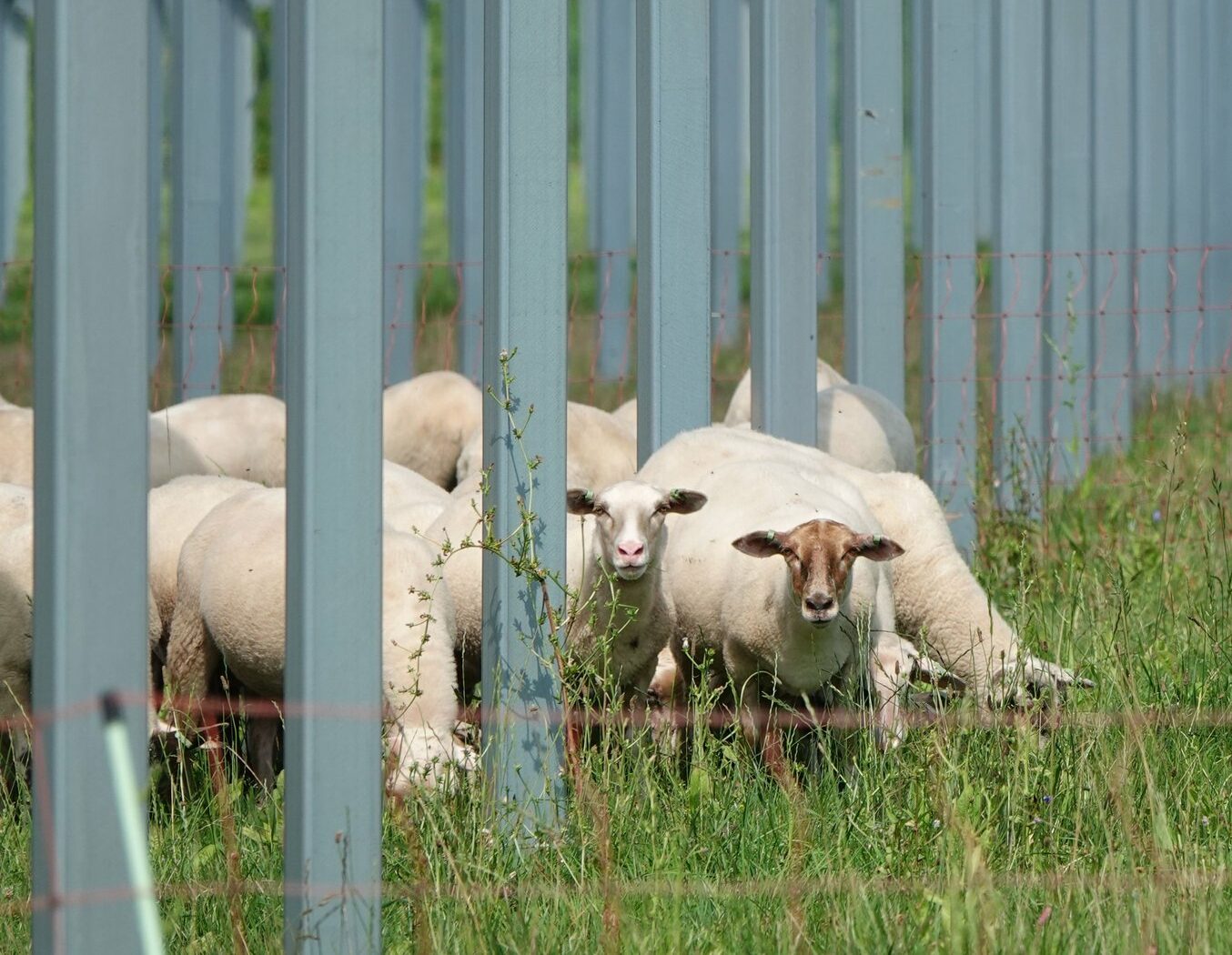
Why Apply for a Payment Guarantee?
- Protection Against Financial Issues
Ensures that payments are fulfilled. - Shows Reliability
Demonstrates that you are serious about fulfilling your payment obligations. - Strengthens Your Position with Clients
Increases the likelihood of securing better contracts. - Fosters Strong Working Relationships
Builds mutual trust between client and contractors or suppliers. - Ensures Smooth Project Execution
Helps ensure a trouble-free project.
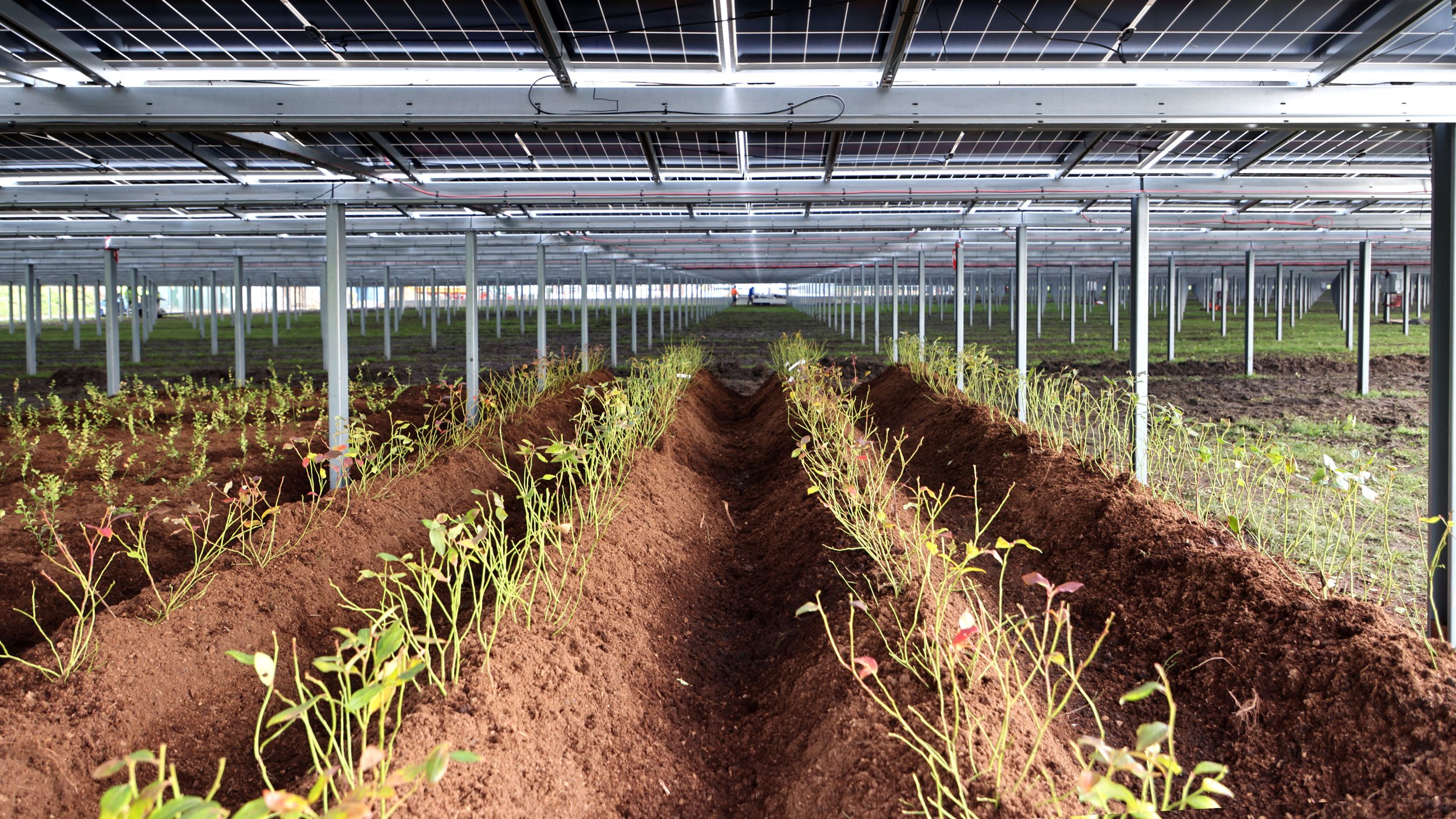
Important Additional Coverages!
In addition to essential construction bonds, it’s wise to insure against unexpected risks, both during and after the construction phase of a solar park.
A Construction All Risks (CAR) insurance offers comprehensive coverage throughout the construction phase, while an Solar Panel All Risks Insurance protects your project once it becomes operational.
These insurances protect you against unforeseen costs, ensuring that your project is not only successfully completed but also delivers the returns you anticipated – or even better.
Stay updated with Solarif!
Would you like to stay informed about the latest developments in solar, inspections, and insurance for renewable energy?
Receive updates, latest news, and tips!




